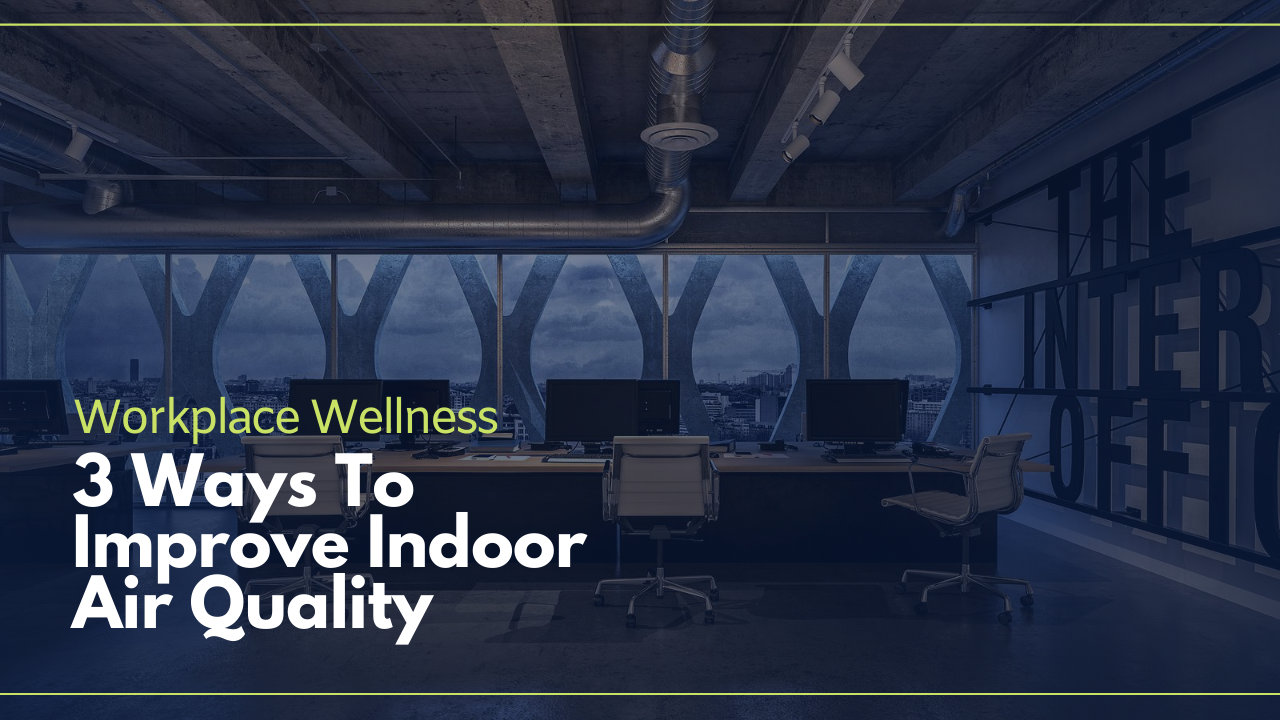- While some anxiety at work is normal, such as the pressure of meeting a deadline, it can become a serious problem if left unchecked.
- Some common symptoms of work anxiety include excessive worrying, trouble sleeping, and an inability to concentrate in the work environment.
- According to the ADAA, anxiety disorders are the most common mental illness in the U.S. and affect around 40 million adults. Here’s what to do if you are suffering from anxiety.
In simple words, work anxiety is anxiety that is caused by your work.
Ever have nightmares about your job? About not meeting a deadline? About running late for an important presentation?
While some anxiety at work every now and then is completely normal (like when you need to meet a deadline), it can become a serious problem if left unchecked.
If you find yourself feeling anxious most of the time and this feeling reaches its highest levels when you’re working or in a work environment, then you might need to address the issue.
Some common symptoms of work anxiety include:
- Excessive worrying about your job or specific projects
- Trouble falling or staying asleep because of work worries
- Taking excessive amounts of time off
- Being irritable when at work
- Overreacting to situations at work
- Constantly worrying that you will be fired
- Struggling to concentrate and focus because you feel overwhelmed with your tasks
- Focusing on negative aspects of your job.
When Is Anxiety Not Normal?
According to the Anxiety and Depression Association of America (ADAA), anxiety becomes a problem when it interferes with daily activities.
This tends to happen when anxiety is persistent, uncontrollable, and overwhelming. It can get to a point where it is actually disabling.
“Anxiety disorders are real, serious medical conditions – just as real and serious as physical disorders such as heart disease or diabetes. Anxiety disorders are the most common and pervasive mental disorders in the United States.” – ADAA
Anxiety disorders are very common. The ADAA has found that “Anxiety disorders are the most common mental illness in the U.S., affecting 40 million adults in the United States age 18 and older, or 18.1% of the population every year.”
The good news is that anxiety disorders are highly treatable. Unfortunately, the ADAA reports that only about one third of individuals suffering with anxiety disorder receive treatment.
Common Causes of Work Anxiety
- A toxic workplace environment
- Tight deadlines and big projects
- Working long hours
- A high, unmanageable workload
- Not feeling valued / lack of reward (low salary, no recognition, lack of benefits)
- Demanding bosses
- Lack of direction or clear purpose.
These are only some of the various causes of work anxiety.
One issue that makes work anxiety even more challenging is that many workers do not feel comfortable discussing their levels of anxiety and stress with management or even colleagues.
It’s also worth noting that the COVID-19 pandemic has increased anxiety levels among workers.
- Many are worried about their jobs.
- Some have had to take on additional responsibilities as colleagues have been furloughed or fired.
- Many are worried about the future of the company.
- Many feel anxious about returning to the workplace.
- Many have found it hard to balance their work and home lives while working from home.
Implications of Work Anxiety
If you are regularly dealing with anxiety at work, you may find that your performance at work is suffering, which can cause even more anxiety.
Below are some of the consequences of work anxiety:
- Reduced job performance
- Reduced job satisfaction
- Reduced quality of work
- A negative effect on your personal life
- Trouble with concentration and creativity
- Reduced productivity
- Excessive fatigue
- Doubting yourself and your skills
- Feeling like your job doesn’t make a difference for the company
- Not meeting goals or deadlines
- Feeling isolated
- Developing physical symptoms of anxiety (digestive issues, cardiovascular problems, shortness of breath, dry mouth, sweating, shaking, headaches, pounding heart)
How to Cope With and Manage Work Anxiety
1. Acknowledge and Validate Your Own Feelings
If you are feeling anxious and overwhelmed, acknowledge those feelings. Anxiety is real and denying or avoiding it only does more harm than good.
Acknowledging your anxiety will make it easier for you to take the necessary steps to cope with and better manage your anxiety levels.
2. Take a Break
If you find that you are anxious and if you can identify the source of your anxiety, consider taking a break if possible. It doesn’t have to be a long break, but stepping away for a minute or switching tasks can help ease your anxiety, making it easier to manage it.
Sometimes taking some time off work can also help, especially if you are starting to feel burnt out and completely unmotivated.
3. Ask for Help
There’s nothing wrong with asking for help. If you find yourself struggling more than usual and feel completely overwhelmed, consider reaching out and asking for help.
You can ask a manager for help by asking if they can extend a deadline, you can ask a colleague for help by asking them to help you with a big project, or you can ask for help by reaching out to a therapist if you feel like your anxiety is getting out of control.
4. Avoid Toxic Behaviors at Work
Depending on your work environment, you may find that your anxiety is caused by fellow coworkers or an overall toxic workplace environment.
To prevent anxiety from taking reign, avoid office triangles and office drama. Do not be an active participant in office gossip or bringing others down, and avoid venting about colleagues with other coworkers.
5. Engage in Activities that Help You Feel Better
Some activities that can be helpful in easing anxiety include yoga, meditation, and deep breathing.
Additional activities that can help you better cope with anxiety include:
- Unplugging from work
- Engaging in things that make you happy
- Spending time outdoors
- Focusing on life outside of work
- Reflect on positive aspects of your job.


 Dr. Gleb Tsipursky – The Office Whisperer
Dr. Gleb Tsipursky – The Office Whisperer Nirit Cohen – WorkFutures
Nirit Cohen – WorkFutures Angela Howard – Culture Expert
Angela Howard – Culture Expert Drew Jones – Design & Innovation
Drew Jones – Design & Innovation Jonathan Price – CRE & Flex Expert
Jonathan Price – CRE & Flex Expert












